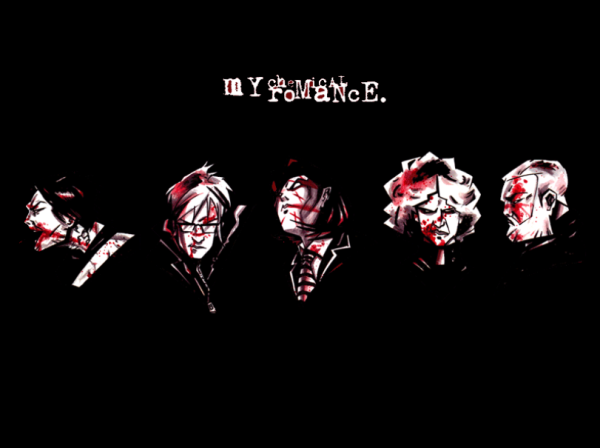College Board makes positive improvements to SAT
The College Board announced that the SAT would undergo new changes to “more closely mirror classroom curriculum than its current version,” according to College Board President and CEO David Coleman.
The new changes, which go into effect for test-takers beginning in 2016, will better represent one’s true college readiness.
While standardized testing is a necessary evil in the college admissions process, the current SAT format inhibits prospective college students from showing what they really know.
The new test will be scored out of 1600, returning to scoring used before the SAT last underwent changes in 2006. The SAT will no longer penalize for incorrect answers. Also, the written essay, currently a requirement for all SAT takers, will become optional.
Another decision College Board has approved is to “abate” the SAT vocabulary list. If you do not know the meaning of abate, do not fret. You will not need to bother memorizing its definition because the test will include more relevant words that students experience an educational setting.
The SAT of now feeds the beast that is the stressful college admissions process. It should not be necessary for a prospective college student to take an extensive preparatory course to perform well on the SAT.
The current standardized testing culture has allowed business to profit from guide books flying off Barnes & Noble shelves, but it is very concerning that we rely on them to achieve success on the SAT. The test should allow a student to demonstrate his or her knowledge, not to show off learned tricks to please graders.
The ACT has capitalized on the SAT’s current weaknesses and outgained it in the number of test-takers, according to The Washington Post.
Since College Board has decided to change the format and content, the two national tests will be more comparable at determining college readiness based on students’ current skillset.
The SAT of the future will relieve pressure on students to do additional rigorous test preparation by taking superfluous and extensive test-prep courses and, instead, redirect their focus to demonstrating their knowledge.
However, while College Board should be applauded for recognizing that the SAT has veered too far from being a true test of one’s aptitude, there needs to be further dialogue about how standardized testing scores factor into the college admissions process.
Standardized testing can only reveal so much about a person, just as grades and other numerical and alphabetical values on paper can. Sacrificing for a score is unhealthy and should not be encouraged.
More action must be made to alleviate the stress-inducing burden that weighs on college hopefuls seeking elusive perfection and living up to unattainable expectations.











